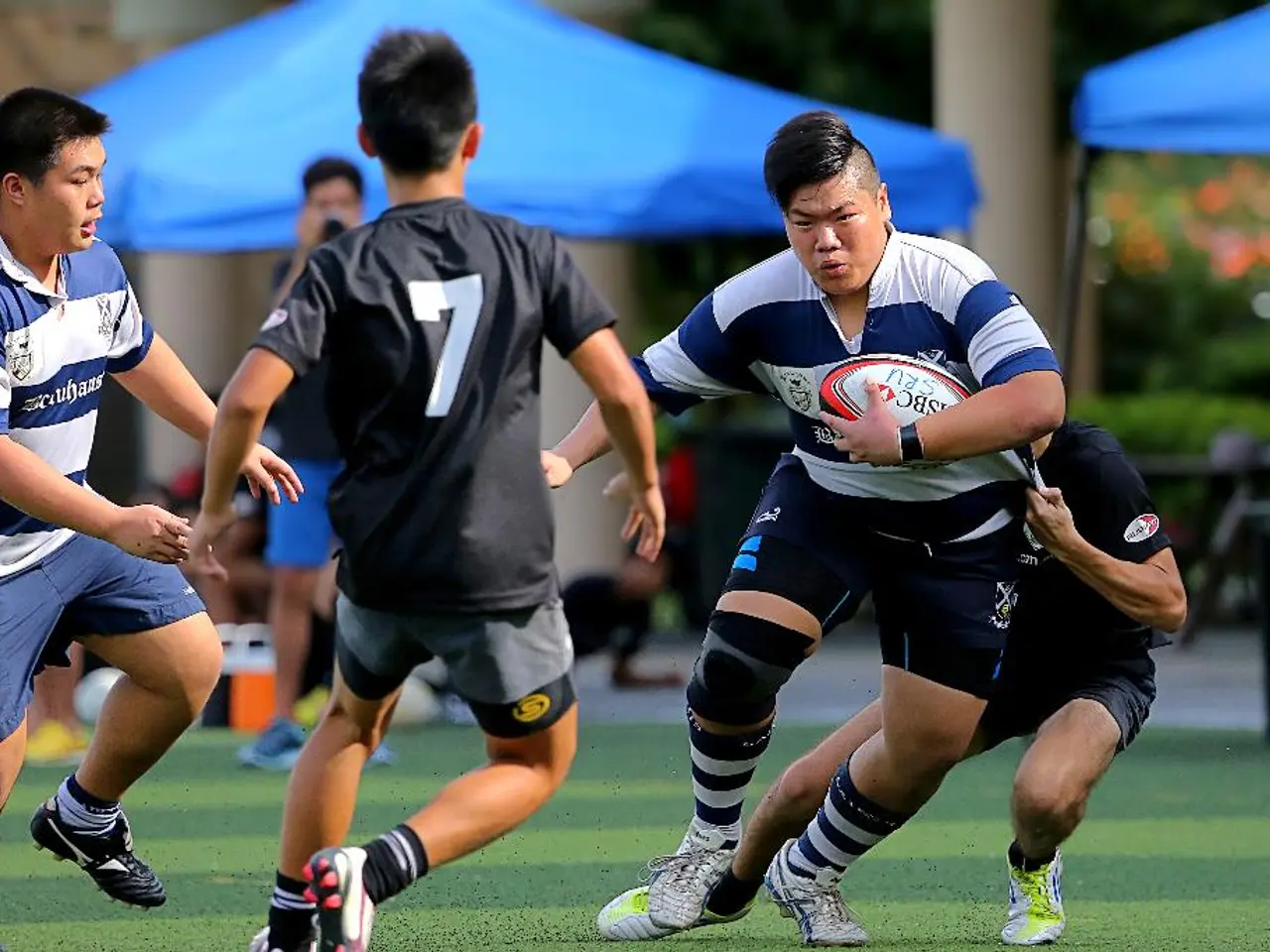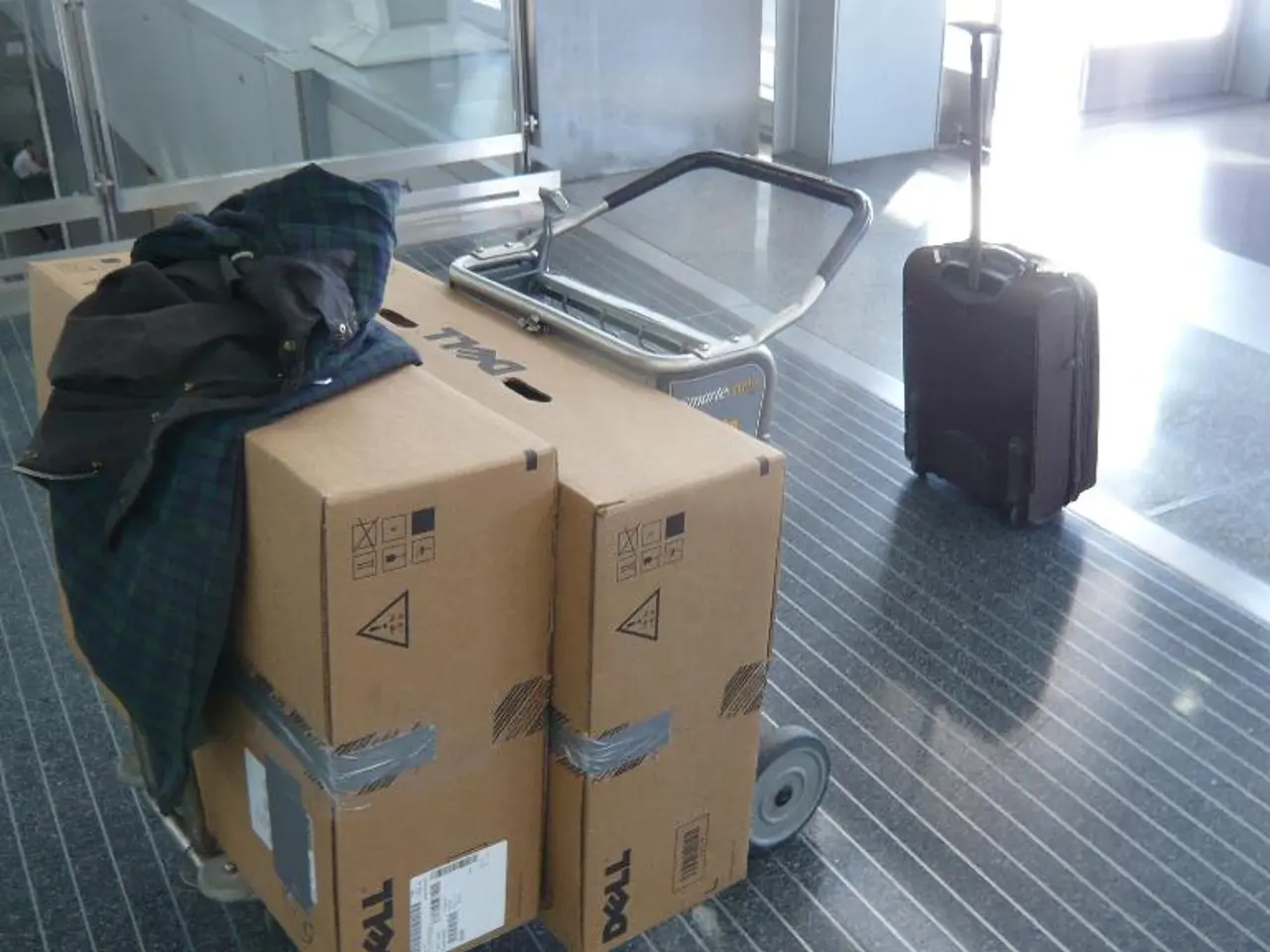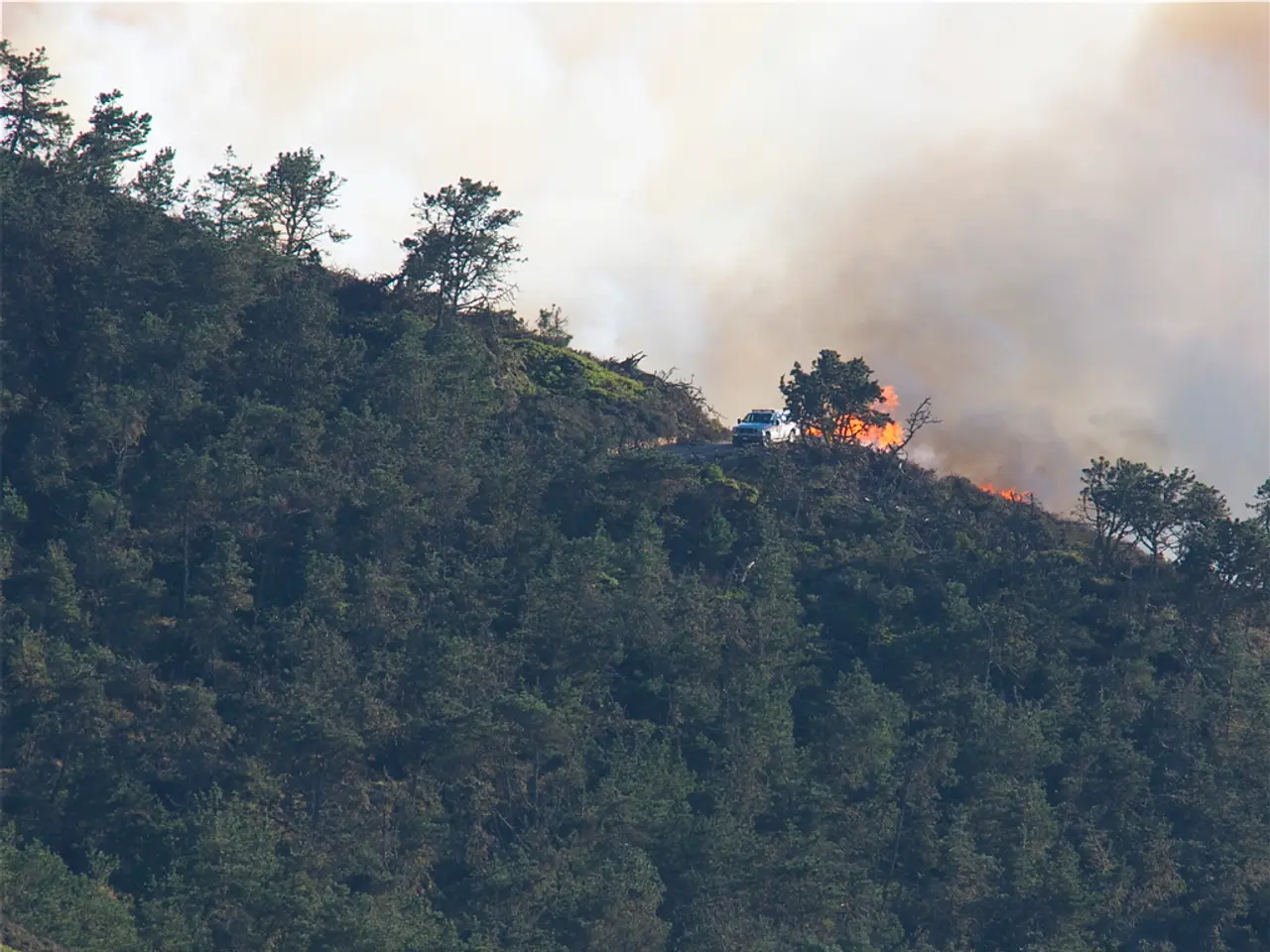Judge Denies Late Appeal, Clearing Path for Deportation of 8 Detained Migrants in Djibouti
In a controversial move, the Supreme Court of the United States has lifted due process requirements for third-country removals, paving the way for the Trump administration to deport eight convicted migrants to South Sudan. The migrants, originally from various countries including Cuba, Laos, Mexico, Myanmar, South Sudan, and Vietnam, have been detained at a U.S. military facility in Djibouti since May 2025.
The men, who have been convicted of serious offenses in the U.S., including four of whom were convicted of murder, were scheduled to be flown to South Sudan at 7 p.m. ET. However, their removal was initially blocked due to concerns over their safety and potential persecution in South Sudan, a country currently experiencing violent conflict.
A federal judge, Brian Murphy, initially issued an injunction blocking their deportation to South Sudan without first allowing the migrants to contest the removal and challenge fears of persecution or torture in that third country. This decision led to the men remaining detained in Djibouti rather than being removed to South Sudan directly.
However, following the Supreme Court's decision, legal barriers to their deportation have been largely lifted. U.S. District Judge Randolph Moss issued an administrative stay in a new case filed on behalf of the eight men, but this was only temporary. Judge Murphy, in an order issued Friday evening, denied the plaintiffs' request for a temporary restraining order, interpreting Supreme Court orders as binding on the new petition.
Assistant Secretary of Homeland Security Tricia McLaughlin stated that the migrants would be sent to South Sudan by Independence Day 2025, calling it a "win for the rule of law." However, Judge Moss expressed concerns about the potential for the migrants to face torture and harm if deported to South Sudan, where they have no ties.
The attorney representing the men is seeking to challenge the act of sending the migrants to a place where they may be tortured, harmed, or imprisoned. Judge Moss ordered the stay to allow the parties to seek relief from the District of Massachusetts. ICE agents and the migrants they are holding in Djibouti are at risk of rocket attacks and malaria, according to an official.
Judge Moss also expressed concern about the U.S. government inflicting pain and suffering on human beings by sending them to circumstances where their physical well-being is at risk. This sentiment was echoed by Judge Moss who stated that the U.S. government cannot take human beings and send them to situations where their physical well-being is at risk simply to punish them or send a signal to others.
As the removal of the migrants to South Sudan is imminent or has likely already occurred, the case continues to spark debate among legal representatives and human rights advocates. While the administration views this as a lawful enforcement of immigration policies, concerns regarding the safety and legality of deporting these individuals to a conflict zone remain.
- The Supreme Court's decision to lift due process requirements for third-country removals has polarized opinion, especially in regards to the imminent deportation of eight convicted migrants to South Sudan.
- This move by the Trump administration has stirred controversy in the realm of politics and policy-and-legislation, raising questions about justice, human rights, and the treatment of immigrants.
- Businesses, general news outlets, and crime-and-justice sectors are closely monitoring this ongoing case, as it sheds light on the complexities of immigration and the potential risks faced by those involved.
- As the migrants, convicted of serious offenses, await their deportation to South Sudan, legal representatives and human rights advocates have voiced concerns about their safety, particularly considering the ongoing violent conflict in the country.
- Meanwhile, political figures like Assistant Secretary of Homeland Security Tricia McLaughlin view the move as a "win for the rule of law," underscoring the ongoing debate about enhancing immigration enforcement versus prioritizing the protection of human rights.








